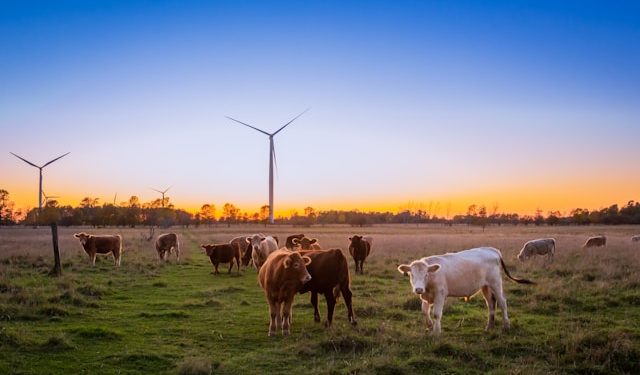The Canadian government is standing firm. Recently, Ministers Mary Ng and Lawrence MacAulay expressed disappointment over New Zealand’s decision to challenge Canada’s dairy tariff rate quota (TRQ) system under the Comprehensive and Progressive Agreement for Trans-Pacific Partnership (CPTPP).
Their statement reaffirms Canada’s commitment to protecting its dairy sector and upholding its supply management policies.
Canada’s Dairy Trade Dispute: Background and Context
In the ever-evolving landscape of international trade, Canada’s dairy policies have come under scrutiny. On October 19, 2024, Canada responded to New Zealand’s formal request for compensation negotiations.
This move follows the CPTPP panel’s decision in favor of New Zealand in 2023, where it was determined that Canada’s TRQ policies limited import access, favoring domestic processors over international partners.
The dispute dates back to May 12, 2022, when New Zealand initiated proceedings against Canada, claiming that its administration of TRQs was not in line with CPTPP obligations.
Despite consultations and a panel ruling, Canada has maintained that its policies support its dairy industry and align with trade agreements. However, as New Zealand escalates the issue, tensions are building.
Why Is Canada Holding Its Ground?
Canada’s supply management system is more than just policy—it’s a pillar of the country’s agricultural sector, ensuring stability for Canadian farmers. Here’s why this matters:
- Stability for Farmers: The system protects Canadian dairy producers from international market fluctuations, maintaining consistent prices and stable income for local farmers.
- Food Security: By managing supply and demand domestically, Canada can maintain high-quality standards and ensure a steady flow of dairy products.
- Community Support: Dairy farming isn’t just an industry; it supports communities and local economies across the country, particularly in rural regions.
The Canadian government has consistently defended these points, and Ministers Ng and MacAulay reaffirmed that position. They emphasized that Canada’s dairy policies are designed to uphold these core values, despite the trade challenges.
Timeline of Key Events in the Dairy Dispute
| Date | Event Description |
|---|---|
| May 12, 2022 | New Zealand initiates dispute settlement proceedings against Canada. |
| June 2022 | Consultations held between the two countries, no resolution reached. |
| September 6, 2023 | CPTPP Panel rules in favor of New Zealand. |
| May 1, 2024 | Deadline for Canada to comply with panel’s findings passes. |
| October 18, 2024 | New Zealand requests compensation negotiations due to non-compliance. |
Canada’s Response and What’s Next
Ministers Ng and MacAulay’s statement emphasizes that while New Zealand is a “like-minded partner,” Canada remains committed to protecting its dairy industry. Canada argues that the changes it has made in response to the panel’s findings already comply with CPTPP requirements.
However, the ongoing dispute highlights the complexities of international agreements and the balance between trade obligations and national interests.
Focal Points in Canada’s Stance:
- Commitment to Dairy Farmers: The government assures it will continue supporting the dairy sector and the communities dependent on it.
- Engagement in Good Faith: Despite disagreements, Canada states it is ready to engage in negotiations with New Zealand to find a solution within the framework of the CPTPP.
- Long-Term Strategy: Canada aims to maintain its supply management system while navigating international trade pressures. The government believes this approach is critical for sustaining rural economies and ensuring food security.
The Road Ahead
As the dispute progresses, the next phase involves compulsory negotiations, which must begin within 15 days of New Zealand’s notification on October 18, 2024. If these negotiations fail, further action—including tariffs on Canadian goods—remains on the table.
The outcome of this ongoing conflict will be significant, not only for Canada’s dairy industry but for its broader trade relationships within the CPTPP. With its steadfast stance, Canada is prepared to defend its policies and ensure the long-term sustainability of its dairy sector, despite international pressures.
Food for Thought
The Canadian government’s unwavering defense of its dairy TRQ policies showcases the importance of the dairy sector within Canada’s economy and identity.
As New Zealand and Canada navigate this dispute, the stakes are high, with outcomes that could reshape future trade dynamics under the CPTPP.
Canadians watching closely will see whether their country’s approach can balance national interests with international obligations.
Sources: THX News, House Committee on Agriculture & Global Affairs Canada.





